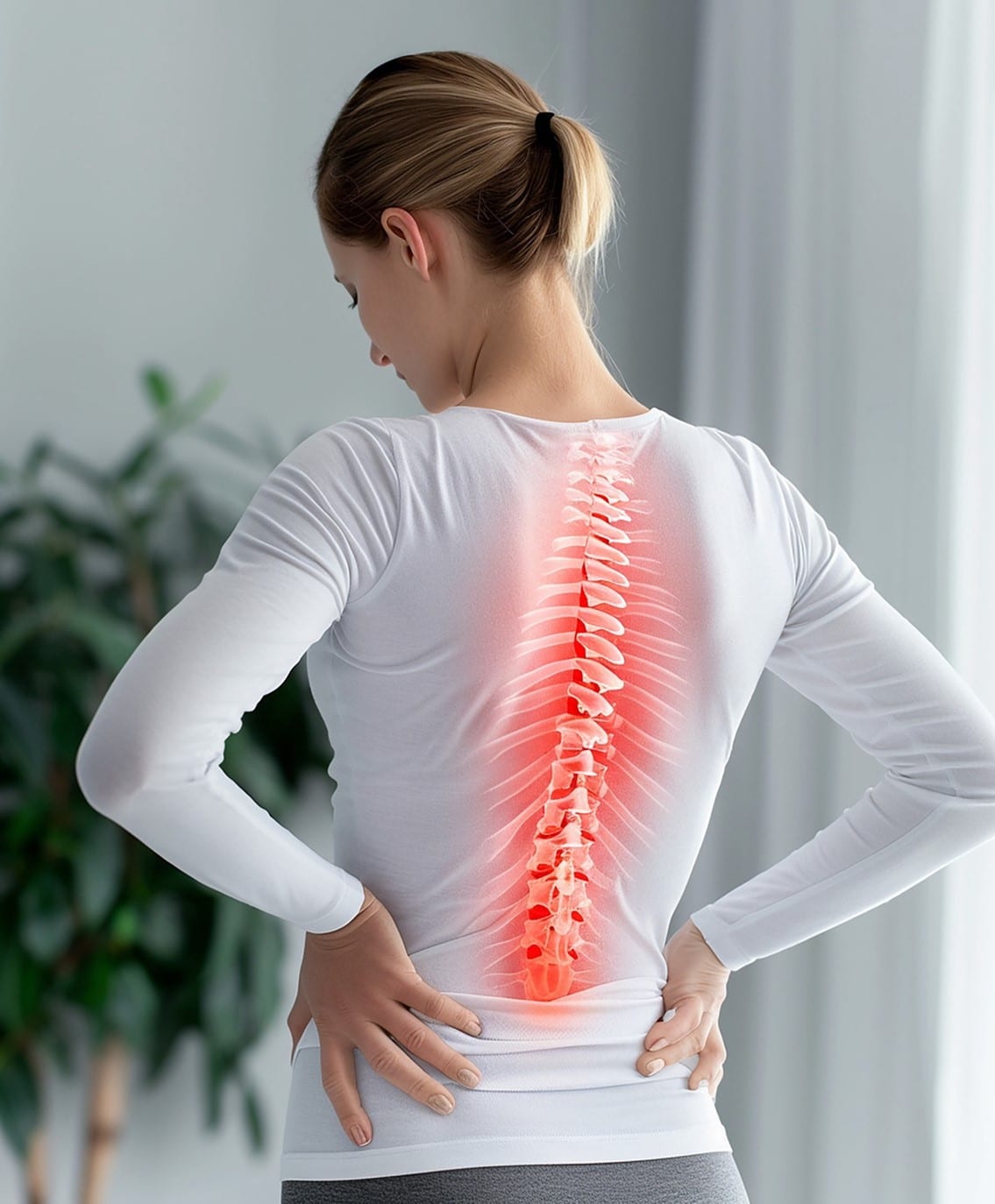Are you at risk of spine disorder?

A spine disorder is a spine abnormality that can occur in any part of the spine, starting from the neck to the lower back. Because the spinal column is the primary support of your body and gives protection to your spinal cord, any disorder in your spine causes pain and in some cases becomes degenerative.
The different kinds of spine disorders include degenerative disc disease, spinal stenosis, spinal deformities, kyphosis, osteoporosis, scoliosis, arthritis, etc. While some people have spinal disorders from birth, others develop them due to accidents, falls, inflammations, injuries, cognitive disorders, etc.
Risk factors for spinal disorder
Certain factors enhance the risk of developing spinal disorders. Some of them are:
Age
Risk for most spinal disorders arises with advancing age. When people start getting older, the discs between the vertebrae start losing water content and elasticity, resulting in degenerative changes such as disc herniation and spinal stenosis. With age, bone density also starts decreasing, thereby enhancing the risk of getting fractures and osteoporosis-based spinal disorders.
Genetics
Genes play a major role in the development of spinal disorders. Some spinal issues that have genetic link are scoliosis, degenerative disc disease,herniated discs etc. They can increase the chance of getting structural or functional spinal issues.
Sedentary lifestyle
Living a sedentary lifestyle, bad posture and lack of exercise can lead to spinal disorders as it weakens the muscles supporting the spine and enhances pressure on the spinal discs. On the other hand, excessive physical activities or heavy lifting without the right technique can also strain your spinal cord and enhance the risk of getting injured.
Obesity
With excess weight, pressure on your spine increases, causing faster deterioration of intervertebral discs and enhanced risk of disc herniation. It also causes aggravation of symptoms arising from spine disorders and increases the risk of injury.
Work-related risks
Jobs involving repetitive movements, lifting heavy things, and sitting for prolonged hours can enhance the risk of getting spinal disorders. Bad ergonomics in the workplace, like incorrect workstation setup or use of equipment that does not support the spine, can also cause spine-related discomfort and injuries.
Trauma and accidents
Accidents, sports injuries, and other such events can result in spinal injuries, such as fractures, spinal cord injuries, etc. All these injuries can cause spine-related difficulties and enhance the risk of developing chronic spine disorders.
Pre-existing diseases
Certain medical issues, such as rheumatoid arthritis, spondylitis, and osteoporosis, can have an impact on your spine and enhance the risk of getting spinal disorders. These conditions can cause inflammation, damage to joints, and loss of bone, thereby affecting the stability and functioning of the spine.
Psychological reasons
Stress, anxiety, and depression can aggravate spine-based symptoms like pain and stiffness by enhancing muscle tension and decreasing pain tolerance. It’s important to address psychological factors through techniques for managing stress, counseling, and exercises for relaxing. This can assist in alleviating spine-based discomfort.
Conclusion
By identifying and taking proper action for these risk factors, individuals can take the required steps to maintain spinal health and decrease the chance of developing spinal disorders. Adoption of good lifestyle practices, right body mechanics, and prompt medical attention for all spine-based symptoms or injuries can assist in mitigating the effect of risk factors on spinal health.
For enquiries and online appointments:
Email – Naveen.st@gmail.com
Call/Whatsapp – +91 7676090119
Visit www.NaveenSpine.com to know more




